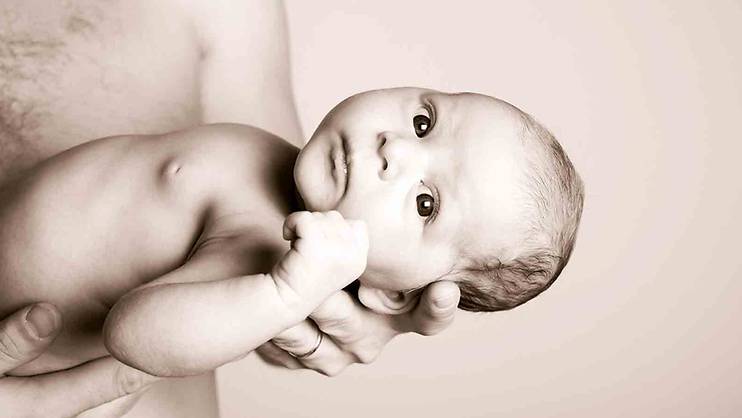This is what your newborn will be doing once he’s out...

Ever wondered what your new arrival — after having spent months snuggled up in your womb — would do immediately after the birthing process? Read on.
Thinking about food
Bub will instinctively look for your nipples. If he’s placed on your tummy after birth, he’ll probably make crawling movements to try and reach your breast. This is also an important time to get skin-to-skin contact, which calms him and encourages bonding.
Adjusting to temperature difference
Your newborn emerges from a 37 deg C environment into a 21 deg C delivery room. Fortunately, from around 26 weeks of pregnancy, a special body fat called brown adipose tissue is produced, which helps him to warm up and gets him used to the outside world.
Learning to live on his own
After birth, the umbilical cord’s blood vessels wind down naturally and stop pulsating, which stops the exchange of blood between your little one and the placenta. This happens naturally within 10 minutes of your baby’s first breath, but his cord will probably be clamped and cut quickly after birth.
Expressing himself
The shock of being born usually produces various reactions from a newborn — your baby may cry for several minutes after delivery, or may give a startled shriek and then settle down. If he’s sedated by any pain-relief medication you were given, he may not cry until some time after the birth.
Being assessed
The nurse will assign your little bundle an Apgar score, the first at one minute of age and the second at five minutes, each of which signifies the general health of your baby. If junior has an Apgar score of less than five (a perfect mark is 10), he will need closer monitoring to make sure everything is all right.
Photo: iStock
Like us on Facebook and check SmartParents regularly for the latest reads!
In case you missed these stories…
4 ways to baby-proof your marriage